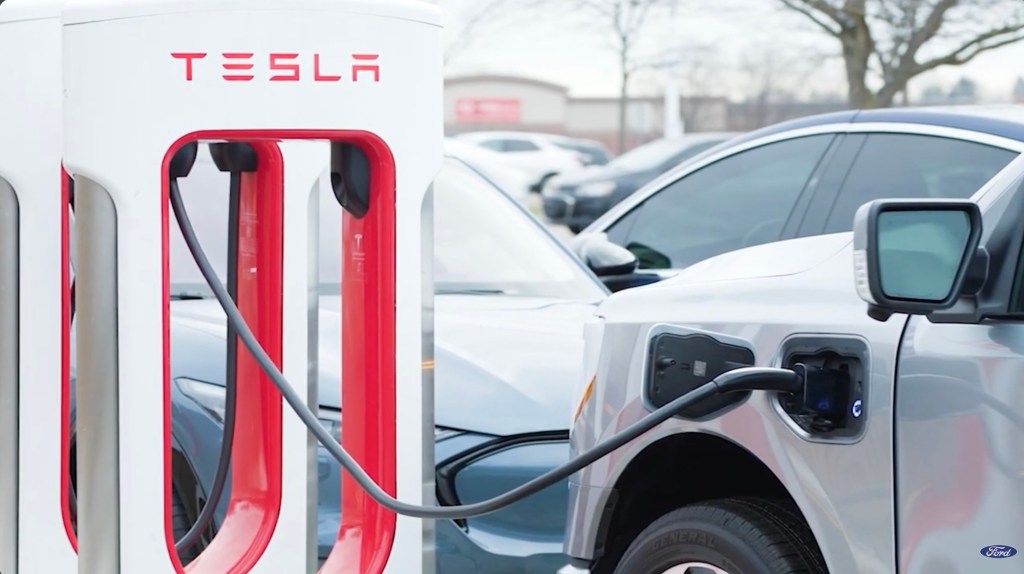In a dramatic turn of events, the once-strong alliance between President Donald Trump and tech magnate Elon Musk has disintegrated into a public and contentious feud. This deterioration has unfolded across their respective social media platforms, X and Truth Social, capturing widespread public attention.
The Genesis of the Alliance
Elon Musk, the CEO of Tesla and SpaceX, emerged as a significant supporter of Donald Trump during the 2024 presidential campaign. Musk’s substantial financial contributions, exceeding $290 million, positioned him as the largest individual donor of that election cycle. His support was not merely financial; Musk actively participated in campaign events and policy discussions, aligning himself closely with Trump’s vision for America.
Following Trump’s victory, Musk’s influence extended into the administration. He was appointed to lead the Department of Government Efficiency (DOGE), a newly established entity aimed at streamlining federal operations and reducing bureaucratic inefficiencies. This role granted Musk significant sway over government policies, particularly those intersecting with his business interests.
The Catalyst for Conflict
The relationship began to fray with the introduction of the One Big Beautiful Bill Act, a comprehensive piece of legislation championed by President Trump and the Republican Party. The bill proposed substantial tax cuts totaling $3.7 trillion but was projected to increase the national debt by $2.4 trillion over the next decade. Additionally, it aimed to raise the debt ceiling by $4 trillion.
Musk publicly criticized the bill, labeling it a disgusting abomination and expressing his disapproval of the legislators who supported it. His primary concerns centered on the bill’s potential to exacerbate the national deficit and its proposed cuts to federal healthcare programs, which could leave millions without health insurance.
Escalation of the Dispute
The public nature of Musk’s criticism did not sit well with President Trump. In response, Trump expressed disappointment in Musk’s stance and dismissed him as unstable. The tension escalated when Trump threatened to terminate all government contracts with Musk’s companies, including SpaceX and Tesla. This threat was particularly significant, considering that approximately 7% of SpaceX’s annual revenue—around $1.1 billion—was derived from government contracts, notably with NASA.
Musk retaliated by accusing Trump of being implicated in the Epstein files, suggesting that the president’s name appeared in documents related to the convicted sex offender Jeffrey Epstein. This accusation added a personal dimension to the conflict, intensifying the public spectacle.
Economic and Political Repercussions
The fallout from this feud has had tangible impacts on Musk’s business ventures. Tesla’s stock experienced a significant decline, with losses amounting to $34 billion in a single day. This marked one of the most substantial financial setbacks for Musk to date. The potential loss of government contracts and regulatory support further threatened the stability of his enterprises.
Politically, the rift has created a schism within conservative circles. Musk’s departure from Trump’s inner circle and his vocal opposition to the administration’s policies have left a void in the movement’s leadership. In response, Musk has initiated discussions about forming a new political party aimed at representing the eighty percent in the middle, challenging the traditional two-party system in the United States.
Broader Implications
This public dispute underscores the complexities of alliances formed between political figures and influential business leaders. It highlights the potential for such relationships to unravel when personal interests and policy disagreements collide. The Musk-Trump feud serves as a case study in the volatility of political partnerships and the far-reaching consequences they can have on both the political landscape and the business world.



